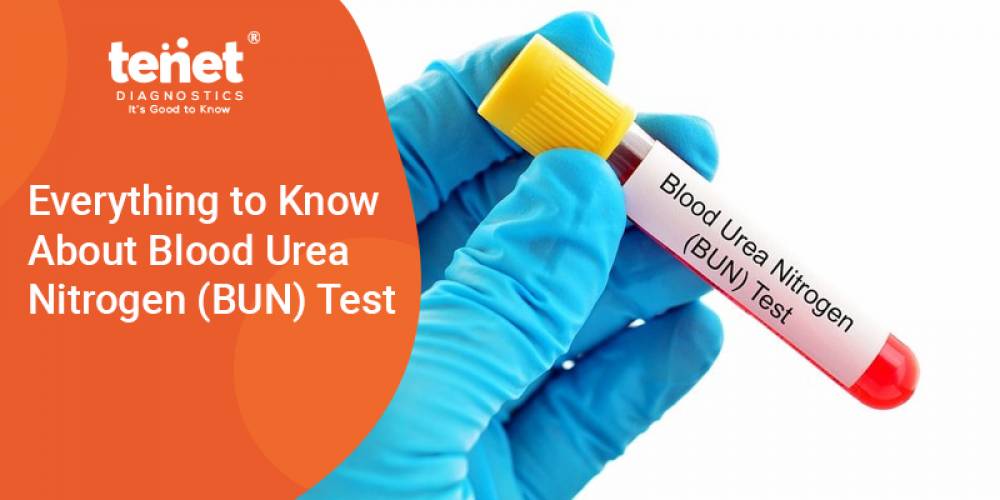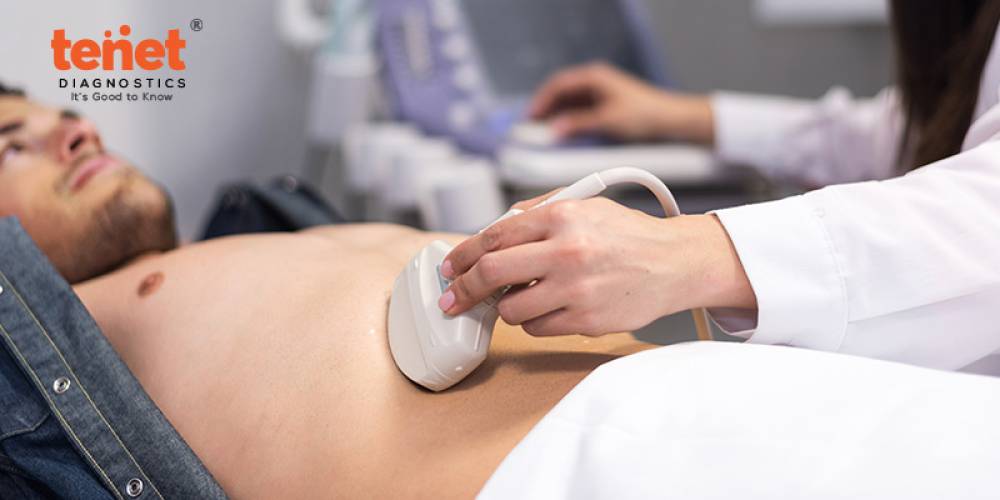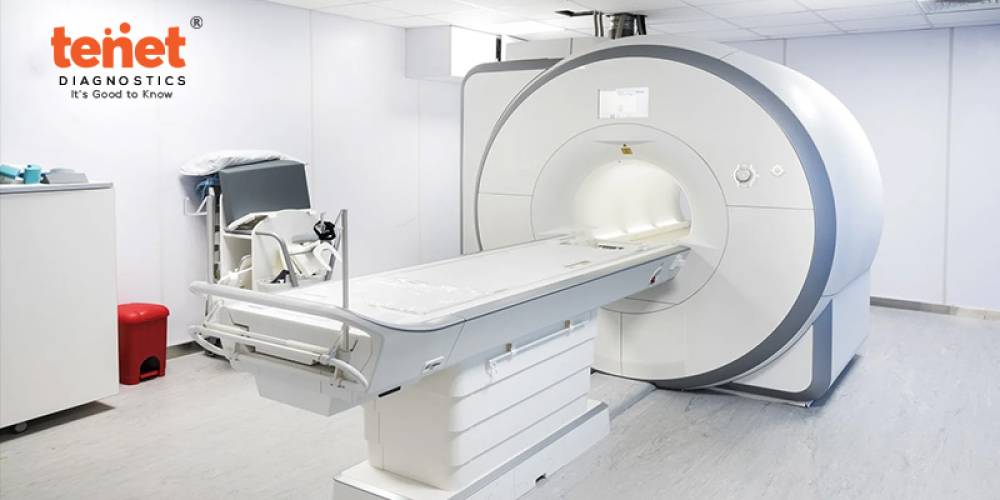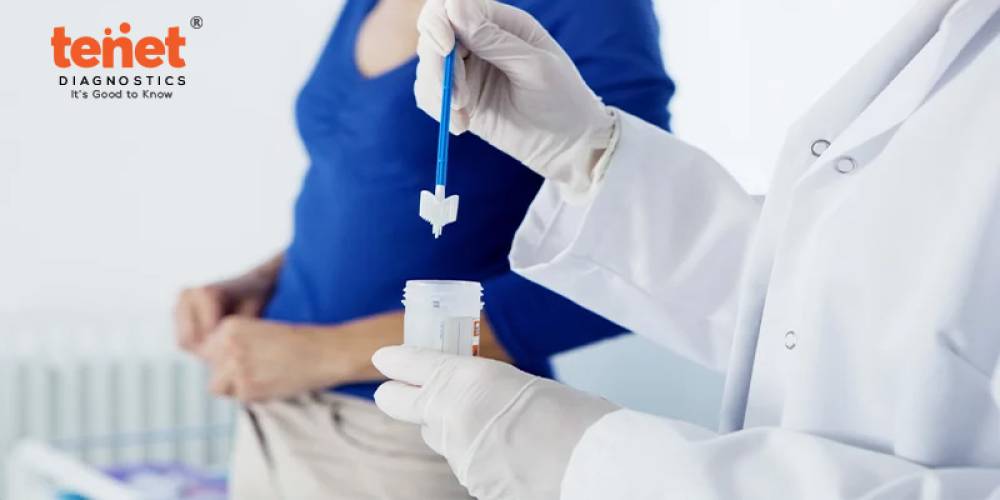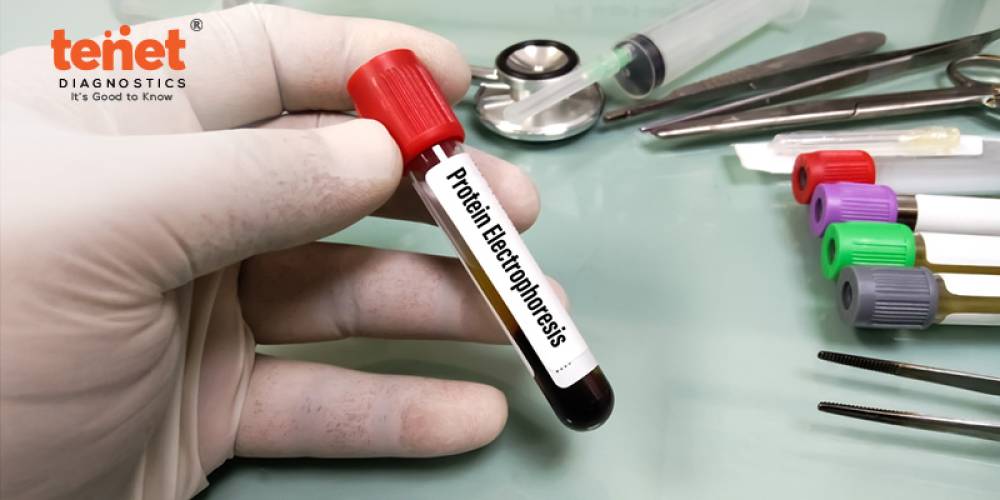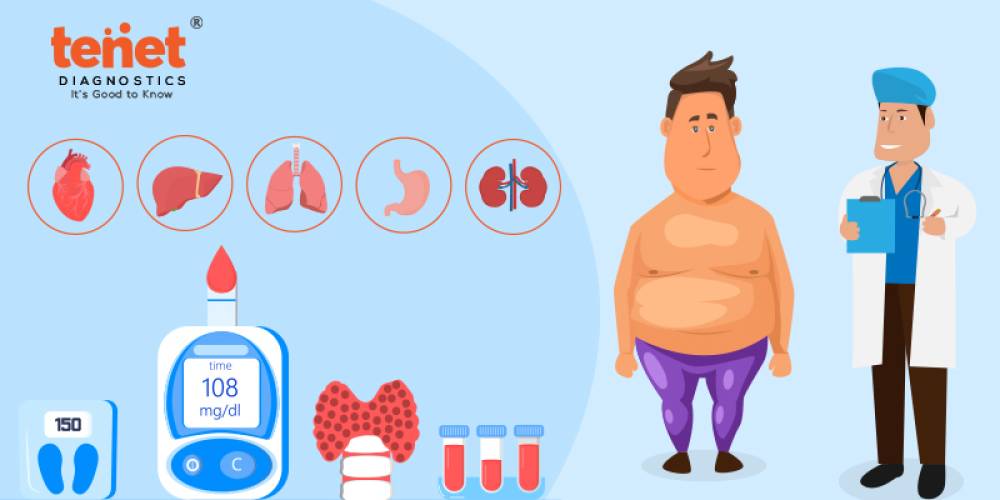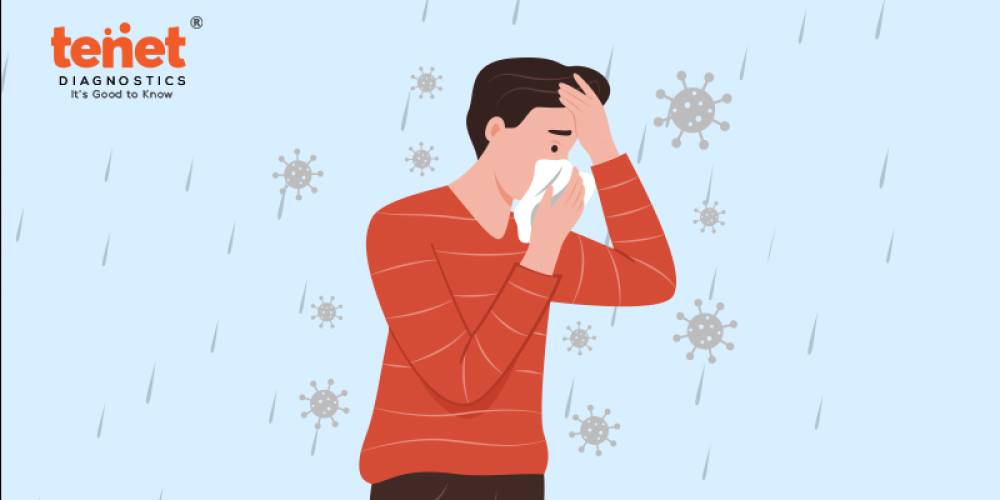The blood urea nitrogen (BUN) test is a routine blood test that provides crucial details about how effectively your kidneys are functioning. A BUN test measures the amount of urea nitrogen in your blood. To undergo blood urea nitrogen test, visit Tenet diagnostics. With the latest technology and utmost care, the Tenet family will make sure you have a safe, comfortable and quick experience.
What is Blood Urea Nitrogen Test?
A blood urea nitrogen (BUN) test can provide important information about the condition of your kidneys. The major job of your kidneys is to remove waste and extra fluid from your system. If you have kidney illness, your blood may become clogged by these waste particles. In the long run, this could lead to serious health problems like heart disease, anemia, and high blood pressure.
Your blood's urea nitrogen levels are measured by the BUN test. Urea nitrogen is a waste product that your kidneys filter out of your blood. If your BUN levels are higher than usual, it may be because your kidneys aren't working properly.
Patients with early kidney disease don't show any signs. A BUN test can assist in detecting renal problems early on, when treatment will be more effective. Blood Urea Nitrogen test costs about 250/- in Hyderabad.
Blood Urea Nitrogen Test Use:
A BUN Test May be Required:
- If your doctor thinks you may have kidney injury or disease
- If you need to have your kidney function assessed, particularly if you have a chronic illness like diabetes or high blood pressure,
- If you undergo hemodialysis or peritoneal dialysis, to assess the efficacy of the treatment
- Although an abnormal BUN test result alone does not confirm any of these disorders, it may be used as part of a blood test group to assist with the diagnosis of an assortment of other conditions, such as liver damage, urinary tract obstruction, congestive heart failure, or gastrointestinal hemorrhage.
When your blood is checked for urea nitrogen levels, the creatinine levels will likely also be evaluated if kidney issues are the main concern. Another waste product that healthy kidneys remove from your body through urine is creatinine. A high blood creatinine level could indicate renal disease.
The effectiveness of your kidneys in clearing blood waste may also be assessed by your doctor. You might have a blood sample drawn to determine your estimated glomerular filtration rate (GFR) in order to do this. The GFR calculates an estimate of your renal function.
Who Needs a BUN Test?
A serum blood urea nitrogen test may be prescribed by your doctor as part of a normal examination or if you already have or are at risk for renal disease. Early kidney disease typically has neither symptoms nor indications. Kidney disease may be more likely to occur if you:
- A group of renal issues
- Diabetes
- Elevated blood pressure
- Heart condition
If you exhibit signs of advanced renal disease, such as: Your doctor may evaluate your BUN levels.
- Having an increased or decreased need to urinate (pee)
- Itching Fatigue
- Having swollen ankles, feet, or legs
- Muscle pain
- Difficulty sleeping
Results of BUN Test
The normal range is generally regarded as being between 6 and 24 mg/dL (2.1 to 8.5 mmol/L). However, depending on the age you are and the lab's reference range, typical ranges can differ. Ask your doctor for details on your results. Urea nitrogen levels frequently increase with age. Infants have lower ranges than do adults, and children's ranges are all over the place. Your kidneys' dysfunction is often indicated by a high BUN level.
Elevated BUN, however, can also result from:
- Dehydration due to inadequate fluid intake or for other reasons
- Blockage of the urinary tract
- Recent heart attack or congestive heart failure
- Bleeding from the gut
- Shock
- Severe burns
- Several drugs, including several antibiotics
- A diet rich in protein
If kidney damage is a concern, speak with your doctor about possible risk factors and what you may do to attempt to manage them.
Preparing for BUN Test:
1. Fasting:
Generally speaking, fasting is not necessary prior to a blood test for BUN measurement. Fasting may be advised prior to the blood test in exceptional circumstances where the doctor may additionally want to examine a few other factors.
2. Medications:
Some prescription drugs and dietary supplements have the potential to change blood urea levels, which could lead to inaccurate results. For proper results from the blood test, the doctors might advise the patient to stop taking certain vitamins and drugs at least 12 hours beforehand. Therefore, it is crucial for the patient to tell the treating doctor about all the supplements and drugs that they may be taking so that the doctor may advise on which supplements and medications should be stopped prior to the BUN test.
3. Stay hydrated:
It is advised that the patient drink plenty of water before having a blood test for BUN because dehydration has a substantial impact on BUN levels and can result in inaccurate findings. It is preferable to drink a lot of water before the test and to stay inside as much as possible in the days leading up to it.
Final words:
It is equally vital to sit down with the treating physician after the BUN testing is completed to talk through the test results and comprehend their implications. When interpreting the findings of the blood test, it is important to keep in mind that certain factors, such as the patient's age, gender, and general health status, may affect the BUN results.
In some instances, the doctor may decide to conduct additional research once elevated BUN levels are found on the blood test in order to learn more about the origin of the abnormality. To conclusively diagnose renal impairment, this may entail measuring the levels of creatinine. It may also entail a creatinine test or a urinalysis, which may further objectively assess renal impairment.
Similar to this, additional research may be required if the BUN levels are excessively low in order to determine the root of the problem. To determine whether the liver is working normally, this comprises liver function tests. Additional research may be done to examine protein metabolism and determine if there is anything abnormal that could be lowering BUN levels.
Frequently Asked Questions:
What does a high BUN level mean?
The BUN test quantifies the urea nitrogen levels in your blood. Your kidneys remove an unwanted substance from your blood called urea nitrogen. Your kidneys may not be functioning properly if your BUN levels are higher than normal. Early kidney disease patients cannot exhibit any symptoms.
What's the normal BUN level?
Generally speaking, a typical range is between 7 and 20 mg/dL. A BUN level that is higher than usual could indicate that your kidneys are not functioning properly.

